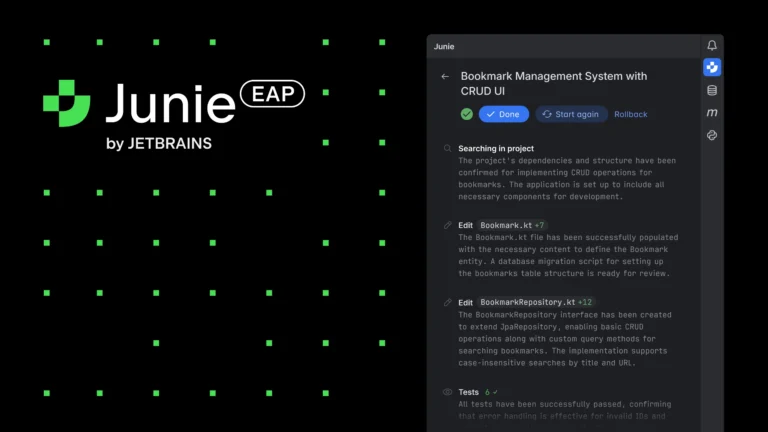In the world of programming, time is money. Every minute spent writing boilerplate code, debugging, or hunting down errors in documentation is time that could be used to build innovative solutions. Fortunately, thanks to the advancement of artificial intelligence, developers have gained powerful assistants that automate routine tasks, suggest optimal solutions, and even write code for us. In this article, we’ll look at AI models that can significantly improve developers’ workflows.
1. GitHub Copilot (OpenAI Codex)
GitHub Copilot has revolutionized how code is written. It’s powered by OpenAI Codex, a model fine-tuned for programming tasks. Copilot integrates with popular code editors like Visual Studio Code and suggests code snippets in real-time.
Use Cases:
- Auto-completion of code
- Generating functions based on comment descriptions
- Converting pseudocode into working code
Pros:
- Supports multiple programming languages (Python, JavaScript, TypeScript, Go, etc.)
- Seamless integration with development tools
- Fast and precise suggestions
2. Amazon CodeWhisperer
CodeWhisperer is Amazon’s competitor to GitHub Copilot. It functions similarly, providing real-time code suggestions, but is optimized for integration with AWS services.
Use Cases:
- Generating code for cloud-based applications
- Auto-completion for Python, Java, JavaScript, and more
Pros:
- Direct AWS integration
- Built-in security features like vulnerability detection
3. Tabnine
Tabnine is an AI-powered tool that autocompletes code based on context. Unlike Copilot, Tabnine can work locally, which is important for developers concerned about code privacy.
Use Cases:
- Smart code completion
- Suggesting entire functions based on context
Pros:
- Offline mode (local version)
- Supports 20+ programming languages
- Easy integration with popular editors
4. Codeium
Codeium is a free AI-powered tool offering features similar to GitHub Copilot. It’s particularly popular among developers looking for cost-effective alternatives.
Use Cases:
- Code generation based on descriptions
- Auto-completion
- Code debugging and optimization
Pros:
- Free for individual users
- Multi-language support
- Integration with VS Code, JetBrains, and others
5. Replit Ghostwriter
Replit is a popular online coding environment, and Ghostwriter is its built-in AI tool that helps write code.
Use Cases:
- Real-time code generation
- Debugging and explaining errors
- Creating unit tests
Pros:
- Runs in the browser (no installation needed)
- Ideal for rapid prototyping
- Supports multiple languages
6. ChatGPT (OpenAI)
While ChatGPT isn’t a dedicated developer tool, its versatility makes it excellent for coding-related tasks. It can generate code, translate between languages, explain programming concepts, and even assist with debugging.
Use Cases:
- Code generation from descriptions
- Translating code between languages (e.g., Python to JavaScript)
- Explaining complex programming concepts
Pros:
- Versatile (not limited to coding)
- Easy to use (chat interface)
- Free version available (ChatGPT 3.5)
7. Sourcegraph Cody
Cody is an AI assistant from Sourcegraph that supports developers in their daily work. It understands the full context of a project and can answer questions about the codebase.
Use Cases:
- Explaining code snippets
- Generating documentation
- Suggesting optimizations
Pros:
- Integrates with large codebases
- Supports many languages and frameworks
8. DeepSeek Coder
DeepSeek Coder is an AI model built specifically for programming tasks. It’s open-source and can be customized to meet the specific needs of a project.
Use Cases:
- Code generation
- Debugging and optimization
- Creating unit tests
Pros:
- Open-source
- Customizable for your own needs
Summary
AI models like GitHub Copilot, ChatGPT, and Tabnine are already changing the way developers work. They automate routine tasks, suggest better solutions, and even write code on our behalf. Thanks to these tools, developers can focus on what truly matters—building innovative products.
If you run a software house, consider implementing these tools into your team’s daily workflow. They won’t just speed up project development—they’ll also boost developer satisfaction by freeing them from repetitive tasks and letting them focus on solving interesting problems.







